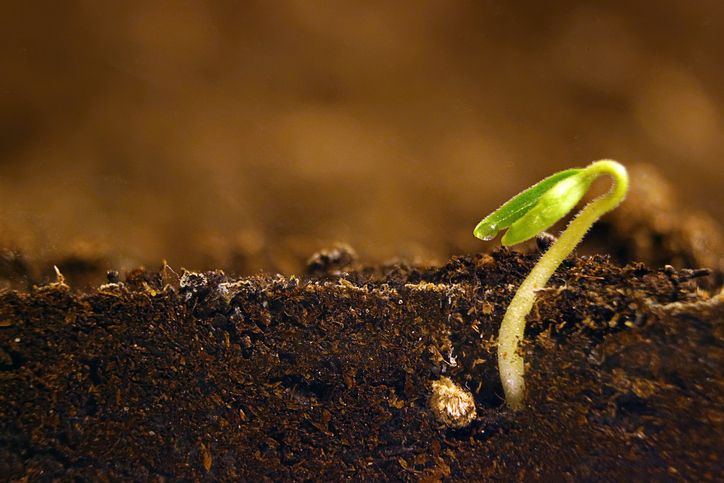Andes, a Chilean-founded, US-based ag biotech startup, has raised $15 million in Series A funding. The round was co-led by the VC arms of Bayer and Wilbur-Ellis – Leaps by Bayer and Cavallo Ventures.
Existing investors Endurance and KdT Ventures re-upped for the round, and were joined by new investors Accelr8, Builders VC, Germin8 Ventures, and WS Investment, a fund affiliated with law firm Wilson Sonsini Goodrich & Rosati.
Andes has developed a seed treatment technology which reduces farmers’ reliance on synthetic, chemical-based fertilizers. Named Microprime, the tech combines seeds with a “unique library” of microbes which “colonize” the crop’s root structure as it grows.
These microbes are then able to enhance the plant’s natural nitrogen-fixing capabilities, allowing it to draw larger amounts of nitrogen from the air than would normally be possible. This way, Microprime can eliminate the need for synthetic fertilizers which are sprayed onto plants and typically result in harmful runoff of excess nitrogen into the surrounding environment. And because Andes’ microbes “ride along with the seeds as they get planted,” rather than being shipped in and applied to crops separately, they can save farmers time and money.
Moreover, the manufacturing of nitrogen fertilizers is in itself a major contributor to greenhouse gas emissions – causing as much as 3% of the global total each year, according to Andes.
“We are well past the need for sustainable products and practices. We can only avoid an irreparable climate disaster through solutions that are highly scalable and reliable,” Gonzalo Fuenzalida, Andes CEO, said in a statement.
“At Andes we are seamlessly integrating the power of microbes within seeds to dramatically cut the need for synthetic fertilizers. This investment will allow us to [utilize] millions of acres of agricultural land to capture and store carbon emissions.”
The Emeryville, California-based startup said it will use the Series A funds to expand its presence in the US and launch into South American markets. Some of the capital will also go towards continued R&D around what it describes as “complementary nature-based permanent carbon capture technology.”
According to Andes, the initial focus for this bio-based solution will be capturing carbon via “microbial-powered” corn crops, with other crops on the cards if it proves successful.
“We invest in paradigm-shifting advances that can radically reduce the environmental impact of agriculture,” Jürgen Eckhardt, head of Leaps by Bayer, said in a statement.
“Andes is an exceptional example of that: using novel seed technology to reduce the use of synthetic fertilizers and developing the next generation of agricultural carbon capture solutions.”





